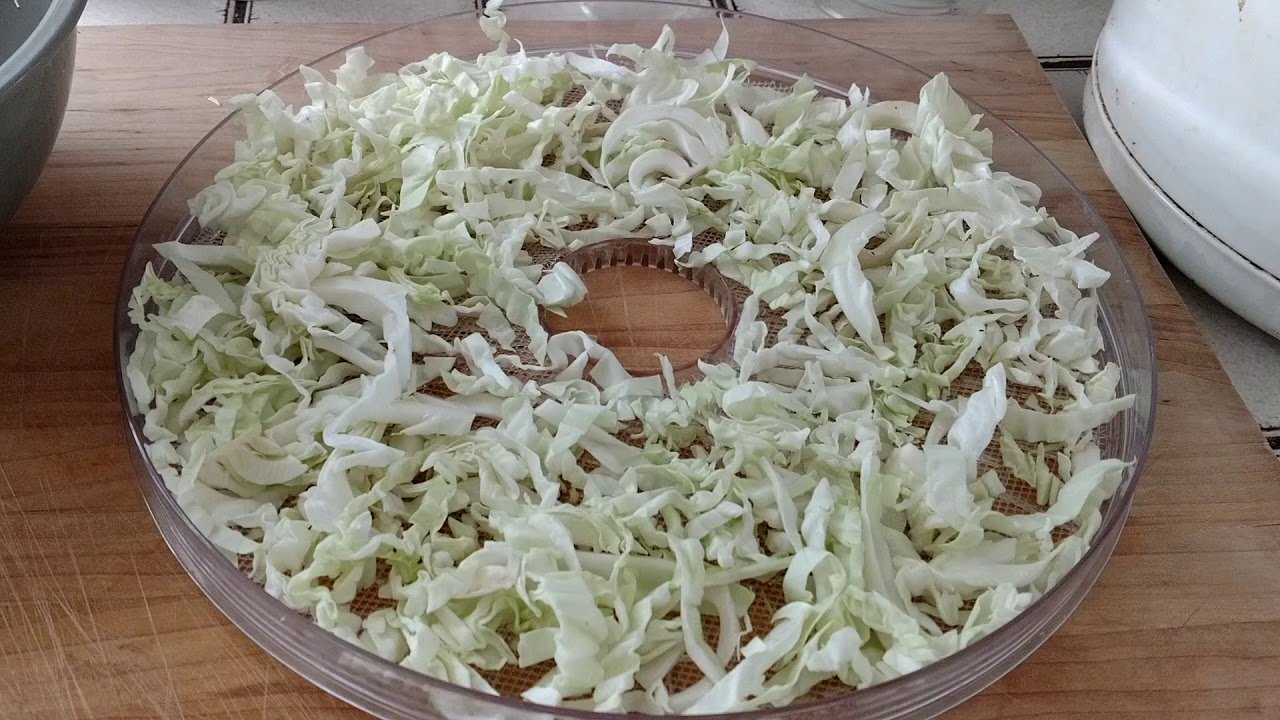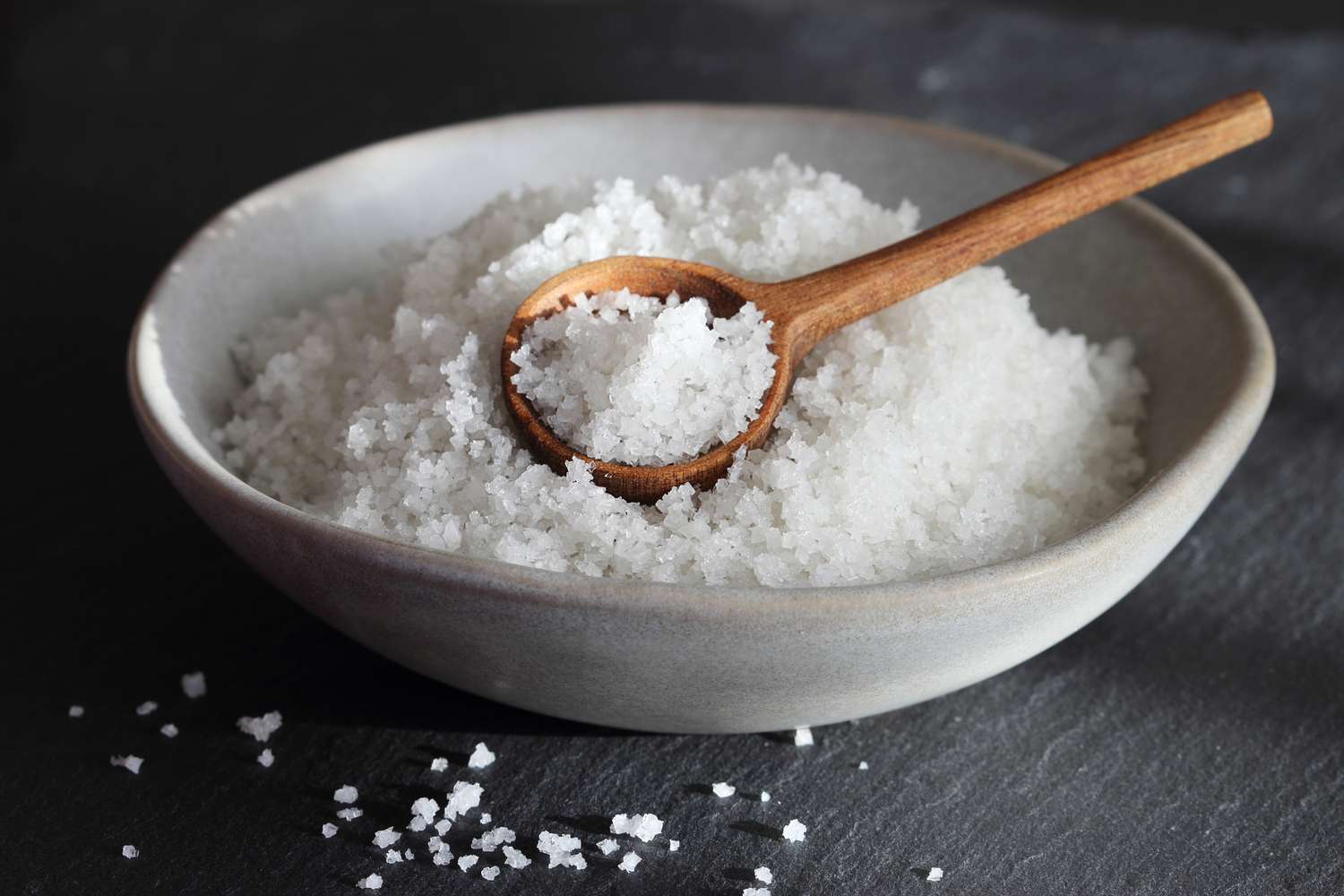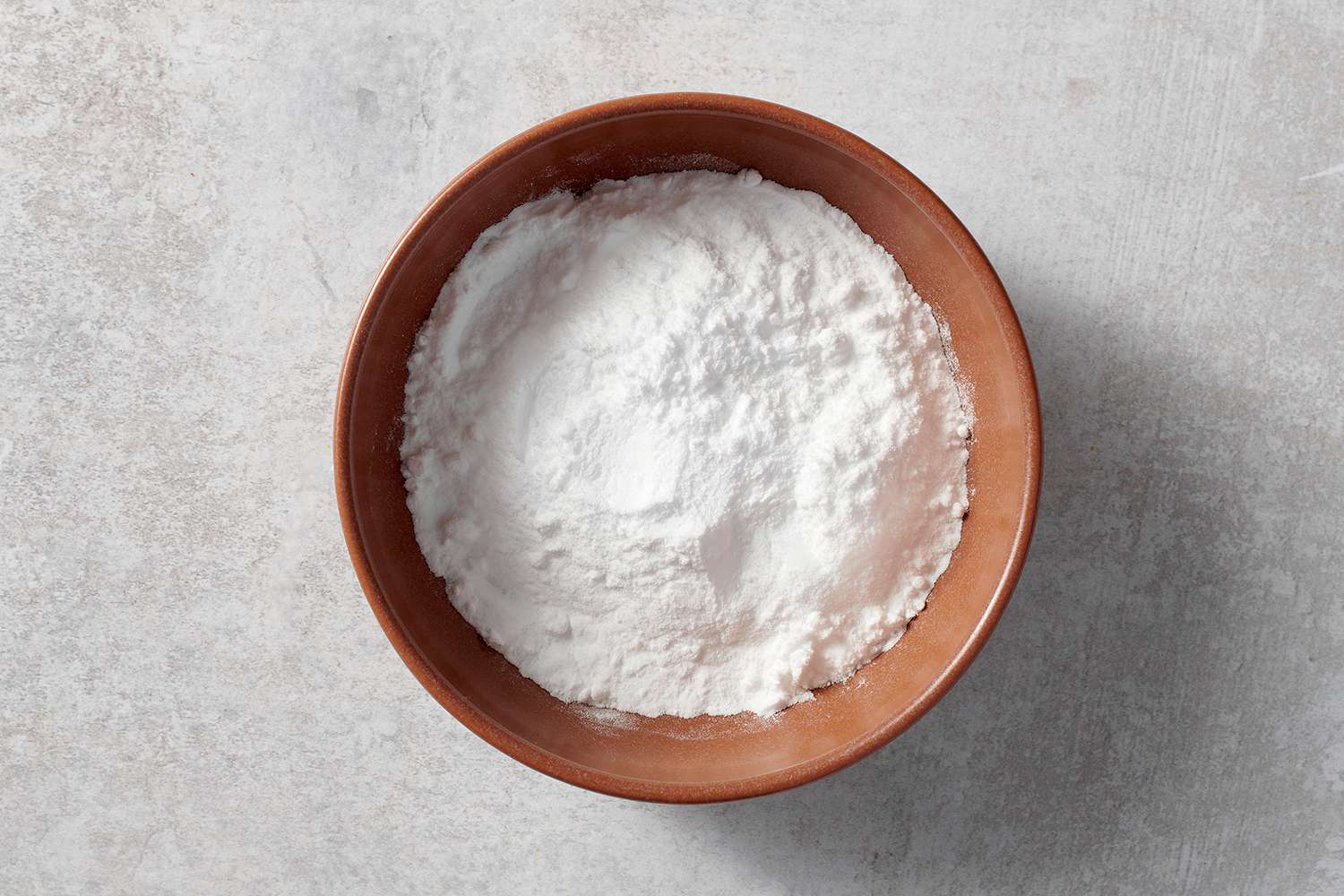Dehydrating Eggs: A Safe and Convenient Way to Preserve Eggs
Dehydrating eggs is a great way to preserve them for long-term storage. Whether you have an abundance of fresh eggs from your backyard chickens or you want to stock up on eggs for emergency preparedness, dehydrating eggs can be a convenient and space-saving solution. In this article, we will explore the safe methods for dehydrating eggs at home.
Why Dehydrate Eggs?
Dehydrating eggs offers several benefits:
- Long-Term Storage: Dehydrated eggs have a long shelf life, making them an ideal option for emergency food supplies or camping trips.
- Space-Saving: Dehydrated eggs take up minimal space compared to fresh eggs, allowing for easier storage and transportation.
- Convenience: Dehydrated eggs are convenient to use in recipes, requiring no refrigeration and rehydrating easily when needed.
Safe Methods for Dehydrating Eggs
When dehydrating eggs, it’s crucial to follow safe practices to prevent the risk of foodborne illness. Here are the recommended steps for dehydrating eggs safely:
- Use Fresh Eggs: Start with fresh, clean eggs to ensure the best quality of dehydrated eggs.
- Prepare the Eggs: Crack the eggs into a bowl and whisk them together until well blended.
- Dehydrate the Eggs: Spread the egg mixture onto a solid dehydrator tray lined with a non-stick sheet. Dehydrate at a temperature of 135°F (57°C) until the eggs are thoroughly dried, typically for 8-10 hours.
- Check for Dryness: The dehydrated eggs should be brittle and break easily. Ensure that there is no moisture remaining in the eggs before storage.
- Store Properly: Once the eggs are dehydrated, allow them to cool completely before transferring them to an airtight container for long-term storage. Store in a cool, dry place away from direct sunlight.
Using Dehydrated Eggs
Dehydrated eggs can be rehydrated by adding water and allowing them to sit for a few minutes before using them in recipes. They can be used in various dishes, including omelets, scrambled eggs, baking, and more. When rehydrated, the eggs regain their original texture and flavor, making them a versatile ingredient in the kitchen.
Conclusion
Dehydrating eggs is a safe and practical way to preserve eggs for long-term storage. By following the proper methods for dehydrating and storing eggs, you can enjoy the convenience of having eggs readily available for cooking and baking, regardless of the season. Consider dehydrating eggs as part of your food preservation strategy and explore the many ways to incorporate dehydrated eggs into your culinary creations.
For those looking to put their newly learned egg dehydration skills to the test, there are several recipes that can benefit from this technique. Fluffy Scrambled Eggs Recipe provides a quick and easy way to use dehydrated eggs for a light breakfast. For those who enjoy baking, Moist Banana Bread Recipe and Rich Chocolate Cake Recipe are excellent choices, as dehydrated eggs can seamlessly blend into the batter, ensuring consistency and deliciousness. If you're in the mood for something savory, the Classic Deviled Eggs Recipe offers a tasty snack or appetizer that showcases the versatility of dehydrated eggs. Finally, for those who love a classic dessert, the Velvety Cheesecake Recipe is a must-try, as dehydrated eggs can help achieve that perfect, creamy texture. These recipes are not only practical but also delicious ways to make the most out of dehydrated eggs.











